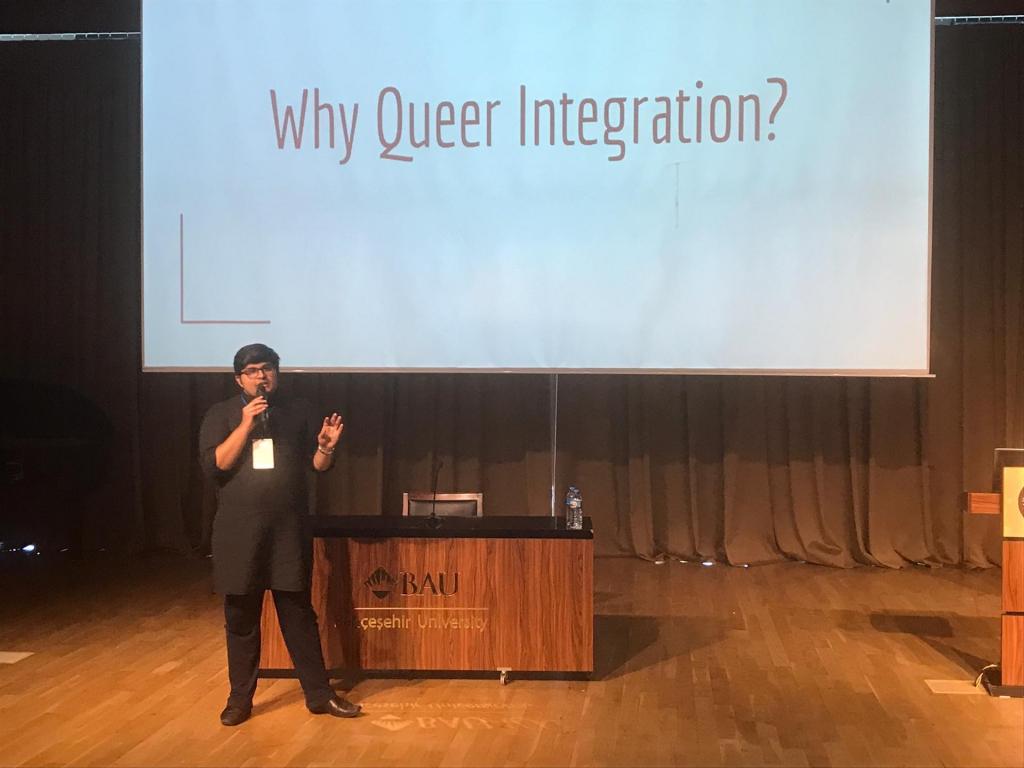In July 2019, Paras Arora, represented the Graduate Institute, Geneva at the International Summer Conference for Intercultural Leadership in Istanbul, Turkey as the UNESCO Youth Ambassador for Peace and Intercultural Dialogue. Also known as the Aladdin Project, the conference is organised every year by UNESCO and the European Commission on a specific theme pertaining to questions of intercultural dialogue and development. In 2019, the Conference focused on the theme "Integration of Muslim Migrants in the West: Challenges and Solutions" and brought together a diverse set of researchers from across the world. It was here that Paras met three researchers from three other Universities and they chose to work together on a research project that the Conference necessitates them to submit by October. Along with Cihangir Can (Bogazici University) Gabriela Sawaya (University of São Paulo) and Luke Murphy (Boston College), Paras submitted the final research project recently. Approaching the question of migration and integration from an anthropological vantage point, Paras and his team critiqued heteronormative and racist conceptualizations of migration and integration in their project "Queering Integration: Listening to Queer Muslim Migrants' Voices". Using the paradigm of subjugated knowledges and everyday lived experiences of Queer Muslim Migrants in the UK, EU, and Turkey, the project argued that the very epistemic underpinnings of migration and integration scholarship must be revisited from a queer standpoint. The project innovatively weds critical theory with an applied deliverable by suggesting a conceptual toolkit that migration and integration policymakers and researchers must refer to. The toolkit emphasizes on conceptualizing queer Muslim migrants' refusal to integrate, sexual and emotional loneliness, and invisibility to survive as inherently political experiences that must be made sense of in interpretative ways while designing policy interventions or research plans.
Keywords: Master in Anthropology and Sociology; Anthropology and Sociology Department;


